Ai Weiwei
(Chinese, born 1957)
Biography
Ai Weiwei is one of the best known artists working today. His provocative blend of Chinese history and tradition within a wholly contemporary practice serves as a form of human rights activism, cultural commentary, and critique of the global imbalance of power—a fact that has turned Ai into a political target. “I will never leave China,” he once declared. “Unless I am forced to. Because China is mine. I will not leave something that belongs to me in the hands of people I do not trust.” Born on August 28, 1957 in Beijing, China, the artist enrolled in the Beijing Film Academy in 1978. Ai lived in the United States between 1981 and 1993, primarily in New York, where he attended the Parsons School of Design. Detained for 81 days by the Chinese government in 2011, the artist was released without ever being officially charged with a crime. Undeterred, he continues to make confrontational and socially engaged art, as seen in his iconic installation Sunflower Seeds, in which he covered the Tate Modern’s Turbine Hall floor with millions of porcelain seeds handmade by factory workers in China. In 2012, Alison Klayman’s documentary Ai Weiwei: Never Sorry premiered at the Sundance Film Festival. The film documents Ai’s career, interviews members of his family, and shows his process of installing shows. Ai continues to live and work in Beijing, China. The artist’s works are held in the collections of the Centre Georges Pompidou in Paris, the Los Angeles County Museum of Art, and The Museum of Modern Art in New York, among others.
Ai Weiwei
(1,266 results)
.jpg)
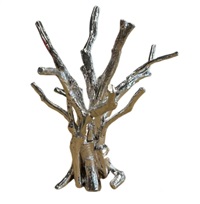
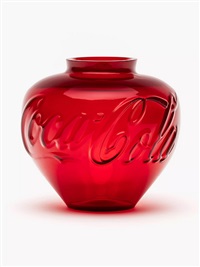
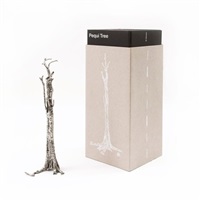
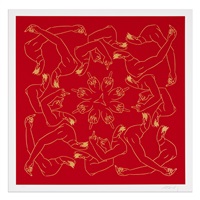
.jpg)

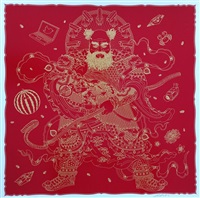
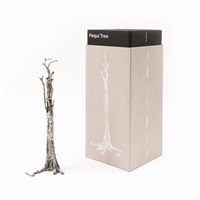
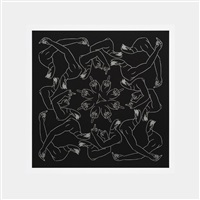
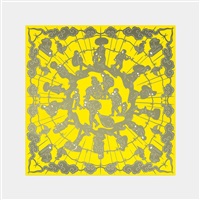

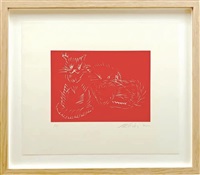

.jpg)
.jpg)
.jpg)
.jpg)
.jpg)
.jpg)
.jpg)
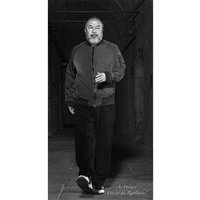
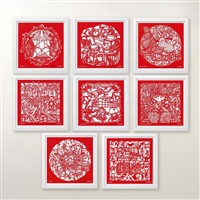
.jpg)
